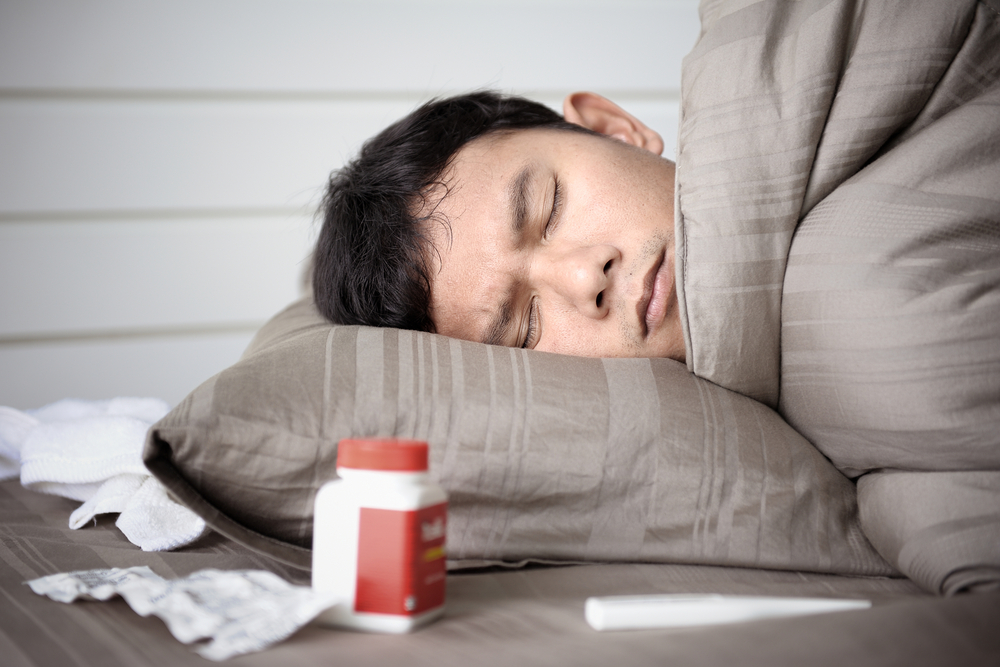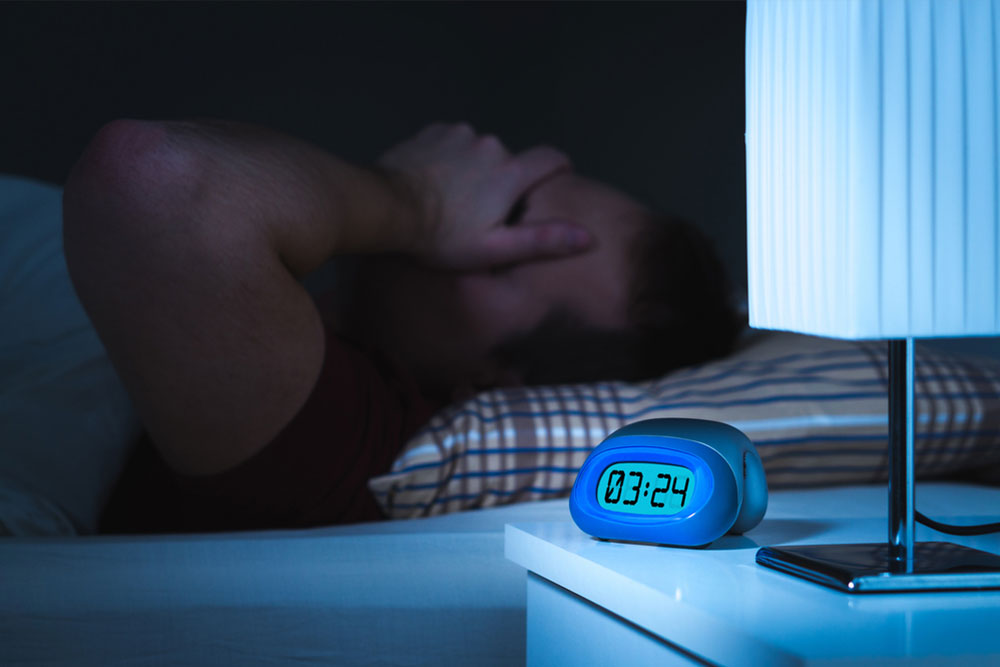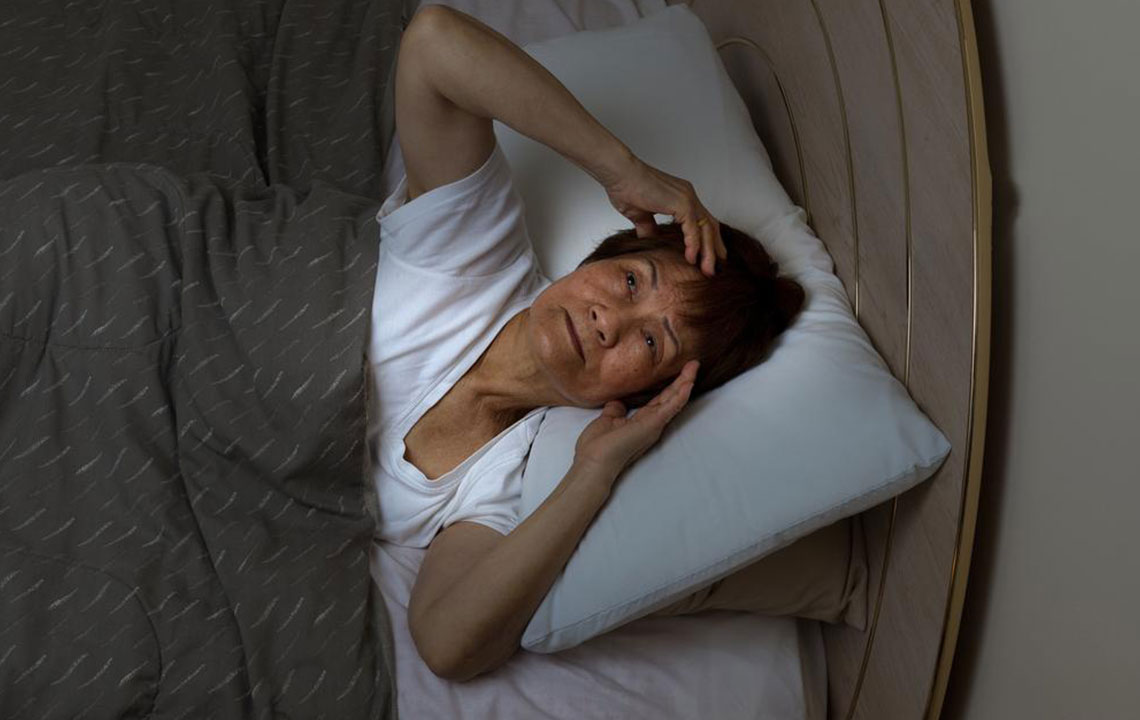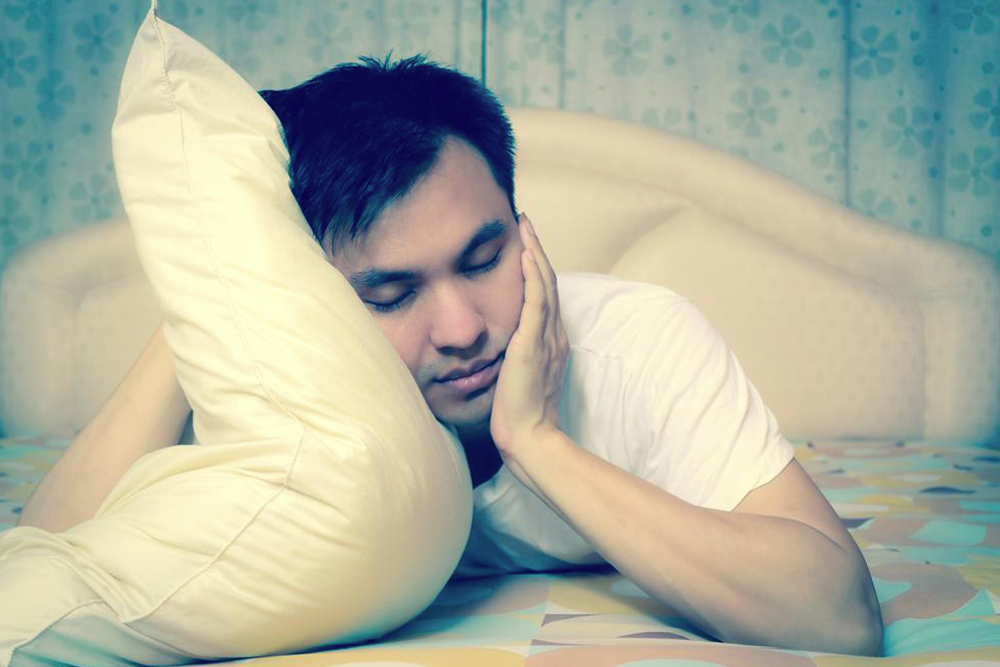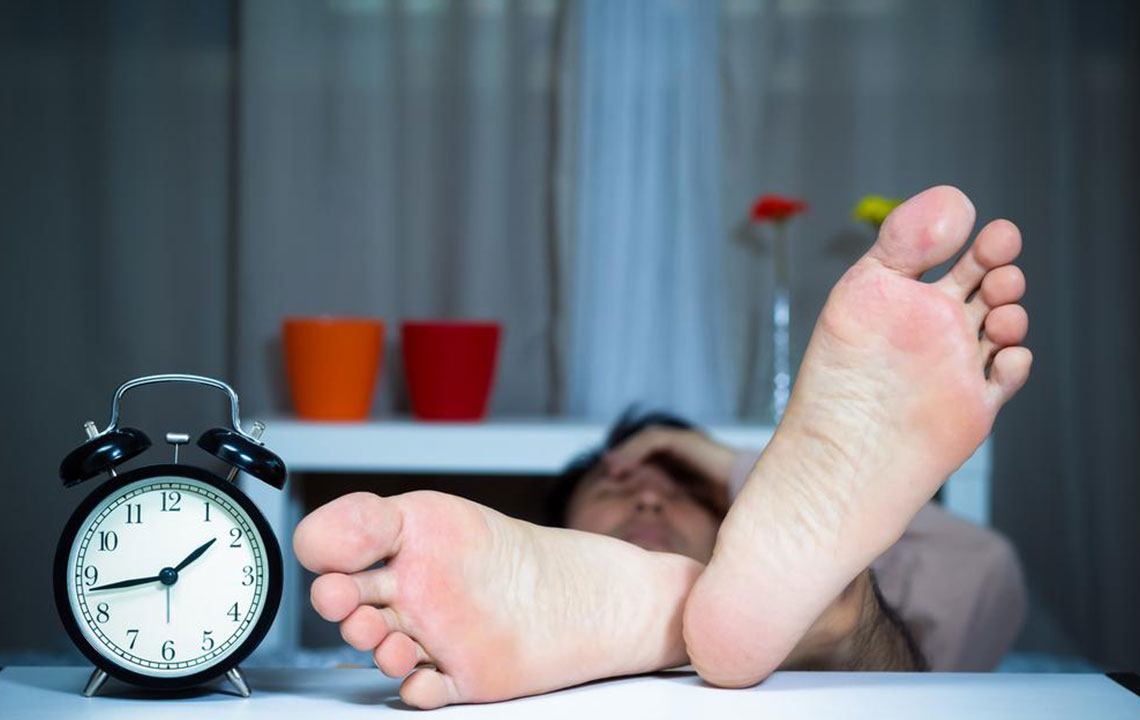Complete Guide to Insomnia: Causes, Symptoms, and Effective Remedies
This comprehensive article explores insomnia's causes, symptoms, and effective remedies. It emphasizes behavioral therapies, lifestyle changes, and medical options, providing a detailed guide to overcoming sleep difficulties. Learn about specific sleep disorders, diagnostic criteria, and practical tips for better sleep health, helping readers improve their quality of life and overall well-being by understanding and managing insomnia effectively.

Comprehensive Understanding of Insomnia: Causes, Symptoms, and Proven Remedies
Insight into Insomnia
Insomnia is a common sleep disorder that affects millions of individuals worldwide. It is characterized by difficulty falling asleep, staying asleep, or experiencing restorative sleep, leading to impaired daytime functioning. According to the Centers for Disease Control and Prevention (CDC), approximately 35% of adults in the United States report experiencing insomnia at least a few times per week. This widespread condition not only affects overall quality of life but also poses serious health risks if left untreated. Persistent insomnia has been linked to an increased risk of cardiovascular diseases, obesity, diabetes, and even certain types of cancer. Moreover, individuals suffering from chronic sleep difficulties often encounter decreased work productivity, heightened stress levels, and an increased vulnerability to mental health issues such as depression and anxiety. These factors create a complex cycle where poor sleep exacerbates mental and physical health problems, which in turn further disrupt sleep patterns.
The American Academy of Sleep Medicine (AASM) offers a clear definition: "Insomnia is the subjective perception of difficulty in initiating, maintaining, or experiencing restorative sleep despite adequate opportunity, leading to daytime impairment." This means that even if the environment and circumstances are suitable for sleep, individuals with insomnia perceive their sleep as inadequate, which affects their daily life and mental health.
Criteria for Diagnosing Insomnia
Experiencing sleep difficulties—such as trouble falling asleep, waking frequently during the night, or waking too early and being unable to fall back asleep—at least three nights per week for a minimum of three months.
The sleep disturbances must significantly impact daily functioning, including work, social activities, or personal relationships.
Many individuals turn to sleep aids or medications for quick relief, but understanding the root causes of insomnia is crucial for effective treatment. Addressing underlying health issues, modifying behaviors, and implementing lifestyle changes can significantly improve sleep quality without reliance on medications.
Common Causes of Insomnia
Chronic or acute illnesses like heart disease, allergies, eczema, prostate-related nocturnal urination, arthritis, or general pain syndromes can interfere with sleep.
Psychological factors such as anxiety, depression, stress, and personal or relationship problems are primary contributors to sleep disturbances.
Disruption of biological rhythms by crossing multiple time zones quickly, commonly known as jet lag, often leads to temporary insomnia.
Circadian rhythm disorders, where internal biological clocks fail to synchronize with external cues like light and social schedules, can cause chronic sleep issues independent of other factors.
Specific Types and Causes of Insomnia
**Delayed Sleep-Wake Phase Disorder (DSWPD):** Individuals with DSWPD find it difficult to fall asleep at conventional hours and struggle with waking up on time. This disorder is often found in adolescents and young adults, especially those experiencing academic or job-related setbacks.
**Jet Lag:** Rapid travel across multiple time zones disrupts the internal clock, leading to difficulty in initiating sleep or maintaining sleep until circadian rhythms realign.
**Shift Work Disorder:** Night shift workers, healthcare professionals, and industrial laborers frequently experience a shifted sleep phase, resulting in early sleep onset or significant sleep disturbances during their scheduled sleep times. These shifts often cause excessive daytime sleepiness and fatigue.
**Obstructive Sleep Apnea (OSA):** Characterized by partial or complete airway obstruction during sleep, OSA leads to repeated micro-arousals, decreased oxygen saturation, and fragmented sleep, which can cause loud snoring, choking sensations, and excessive daytime fatigue.
Behavioral Strategies and Lifestyle Changes for Managing Insomnia
Behavioral therapy, including cognitive-behavioral therapy for insomnia (CBT-I), remains the gold standard for treatment, focusing on changing negative sleep patterns and educating patients about sleep hygiene.
Limiting caffeine intake six hours before bedtime helps prevent stimulant effects that can delay sleep onset.
Refrain from vigorous physical activity, especially strenuous exercise, during evening hours. Additionally, reducing screen time an hour before bed is crucial because blue light suppresses melatonin production, delaying sleep initiation.
Create a sleep-conducive environment: a comfortable, quiet, dark, and cool room helps facilitate restful sleep.
Maintain a consistent sleep schedule by going to bed and waking up at the same time daily—even on weekends—to reinforce circadian rhythms.
Use your bed exclusively for sleep and intimacy to enhance the mental association between bed and rest, avoiding work, TV, or other stimulating activities in this space.
Medical and Pharmacological Options for Treating Insomnia
Before considering medication, it’s essential to address any underlying health conditions or psychological issues that may be contributing to sleep problems.
Pharmacological treatments include antihistamines, sedative-hypnotics, and medications that modulate neurotransmitters like serotonin and GABA. These can be effective but may also come with side effects such as daytime drowsiness, dependence, or cognitive impairment.
Non-pharmacological options, such as FDA-approved devices (e.g., sleep aids like CPAP for sleep apnea) and cognitive-behavioral therapies, provide alternatives with long-term safety profiles.
Over-the-counter options include herbal remedies, melatonin supplements, and natural sleep aids, which may be suitable for mild cases or situational insomnia.
By understanding the multifaceted nature of insomnia—from its causes and symptoms to treatment options—individuals can adopt a comprehensive approach to improve their sleep quality and overall health. Combining behavioral modifications with medical guidance offers the best chance to break free from the cycle of insomnia and enjoy restful, rejuvenating sleep nightly.
